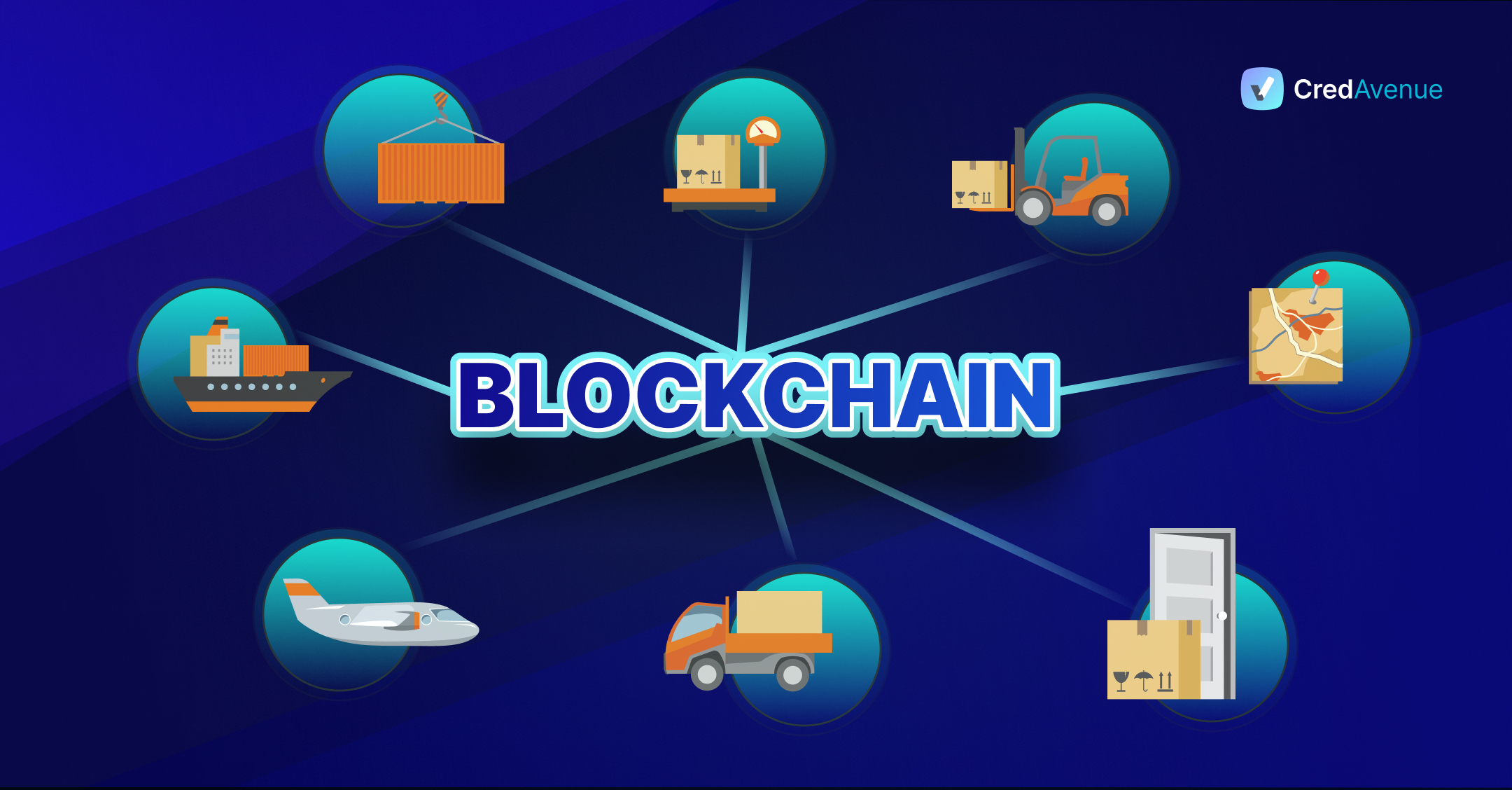
Supply chain finance and blockchain technology is revolutionizing businesses around the world. As businesses expand, they build new domestic and global ties to strengthen their procurement process and find more affordable yet better solutions. While this bodes well for buyers’ balance sheets, it can trigger working capital concerns. Valuable capital may get locked into supply chains, forcing businesses to scramble for solutions.
Supply chain finance is a creative way out that can help buyers as well as their suppliers. Using a supply chain finance provider, buyers can pay their suppliers early and lengthen their payment terms. Besides assisting buyers in optimizing their working capital, supply chain finance also provides an affordable way for suppliers to get cash.
However, despite these features, supply chain finance does not solve everything. For instance, it is usually reserved for the top suppliers. Small and medium-sized enterprises are left out, which is unfair as they could benefit significantly from early payments.
Fortunately, the relevant stakeholders are aware of these problems and have looked at different tools to improve supply chain finance. Many proposals have been presented, but none look better (at least right now) than using blockchain to enhance supply chain finance.
What is blockchain?
Digital currencies are the first thing that comes to mind when people think about blockchain. However, blockchain is much more valuable and could be a game-changer for many industries. It is essentially a digital ledger distributed among participating systems. The ledger records every transaction in the network, making the process incredibly transparent.
How can blockchain improve supply chain finance?
The intersection of supply chain finance and blockchain technology has remarkable benefits for the relevant stakeholders. Some of these include:
-
It increases authenticity in the supply chain
Supply chain finance is a massive web involving many stakeholders. From buyers to suppliers and intermediaries, there are many interested parties, and the exchange of information is not always transparent. Each stakeholder may prioritize their needs over others, triggering delays in the supply chain.
Blockchain can solve this problem. Copies of the same digital ledger, which keeps the records in the network, are distributed among the stakeholders, who have access to the same information. The immutability of blockchain prevents confusion and ensures transparency and authenticity in the network. It can enhance supply chain management and smoothen the supply chain.
-
Brings inclusivity to the ecosystem
The existing supply chain finance ecosystem has shortfalls, especially regarding financial inclusion. Supply chain financiers usually offer to fund buyers’ top 10 to 50 suppliers, leaving behind many small and medium-sized enterprises. This is unfair, as smaller suppliers can benefit more from early payments through buyer-led supply chain finance than larger counterparts.
Blockchain technology has the potential to address this issue and make supply chain finance available to everyone. The nature of the blockchain network can allow supply chain finance providers to fund invoices sent by all the suppliers.Every transaction and information exchange is recorded on the ledger, so finance providers do not have any reason to limit financing to only the top suppliers.
-
Redefines financiers in the supply chain
Financial institutions are generally the financers in buyer-led supply chain finance. They are the ones that make the invoice payments to the suppliers. Buyers pay them back through a repayment plan consisting of the borrowed sum along with a small fee and interest.
While financial institutions will remain relevant in buyer-led supply chain finance, blockchain could open up the system to other stakeholders in the ecosystem. Corporate foundations and individual investors could also participate in supply chain finance and earn returns on their investment. Platforms like CredSCF are already using blockchain to allow different financiers to leverage supply chain finance to earn returns.
-
Enhances the functioning of the supply chain
Information exchange is always an issue when there are many parties involved. Supply chain finance has suffered from the same ailment. Information inaccuracy is, in fact, one of the significant reasons why supply chain finance has struggled to solve the age-old issues in the supply chain.
However, using blockchain technology in supply chain finance might be the answer. The digital, immutable ledger can keep track of information exchange, asset transfer, product quality, and timelines to smoothen the supply chain. It can reduce lags in the system, saving money and time for all the stakeholders.
Closing thoughts
While blockchain technology hasn’t been around for that long, it has already shown its worth in different applications. Entertainment, banking, and payments have benefited from blockchain’s immense value and could be further transformed in the coming years. Hence, it is only a matter of time before supply chain finance and blockchain technology merge and improve supply chain finance for good.




